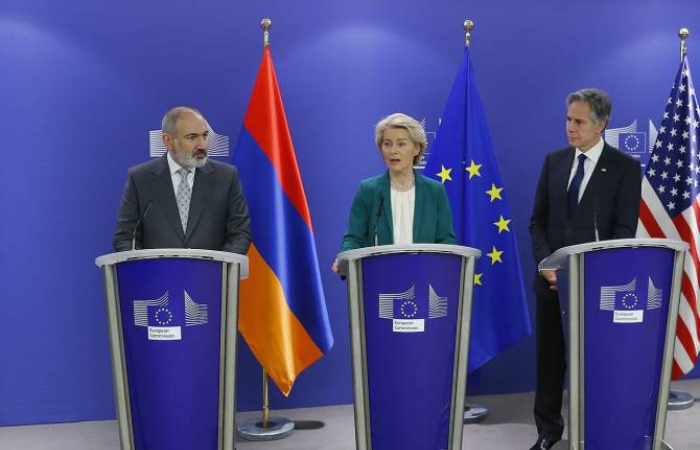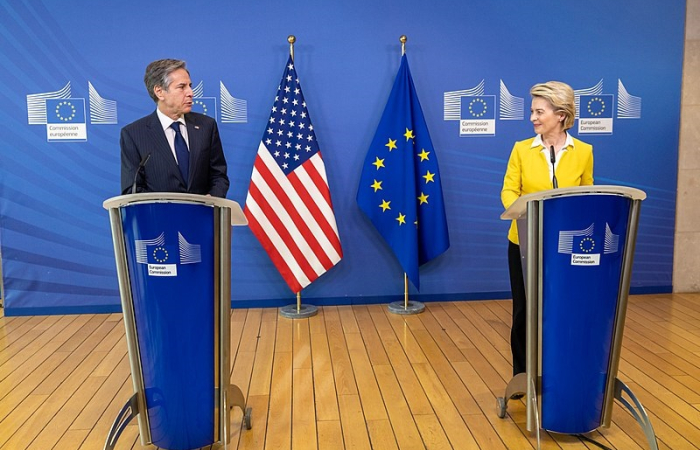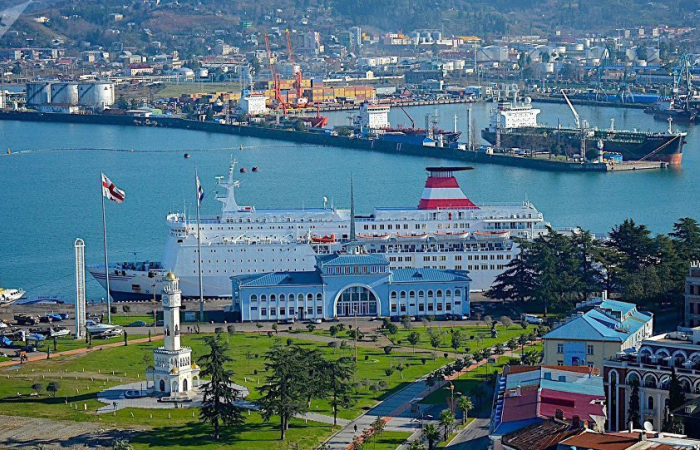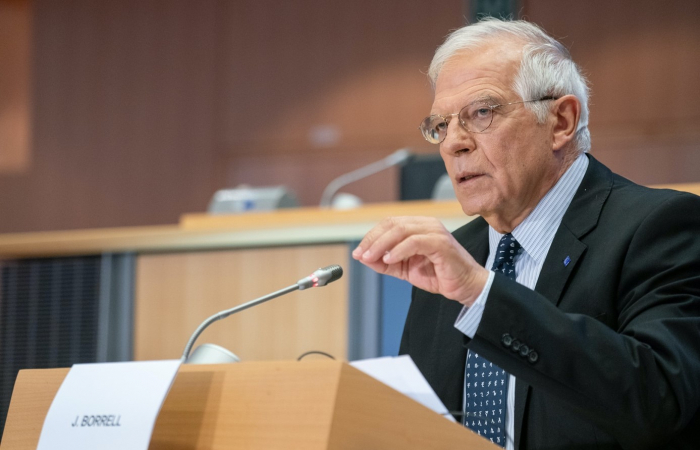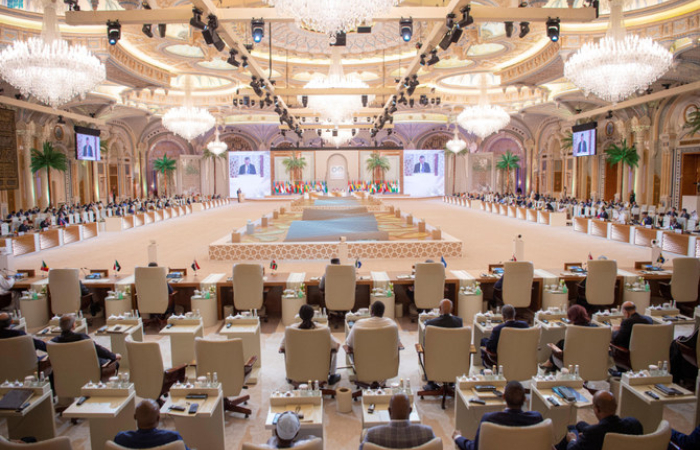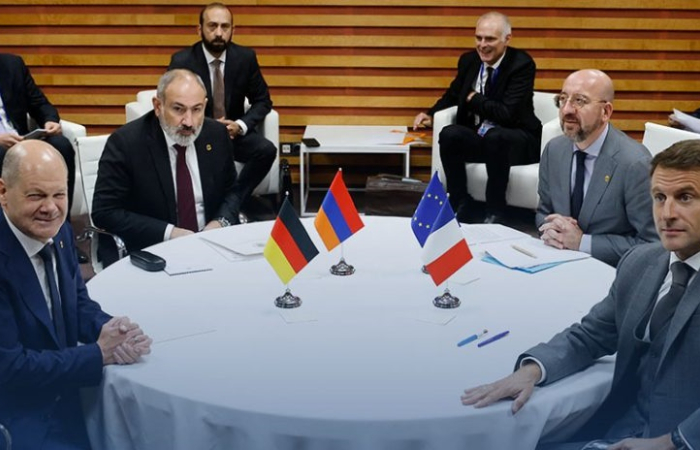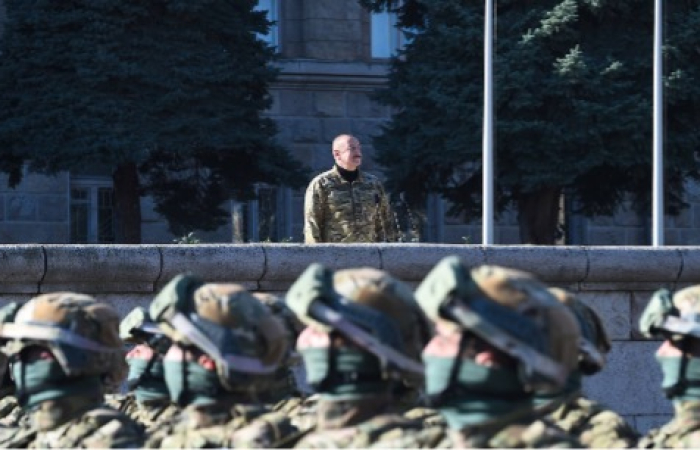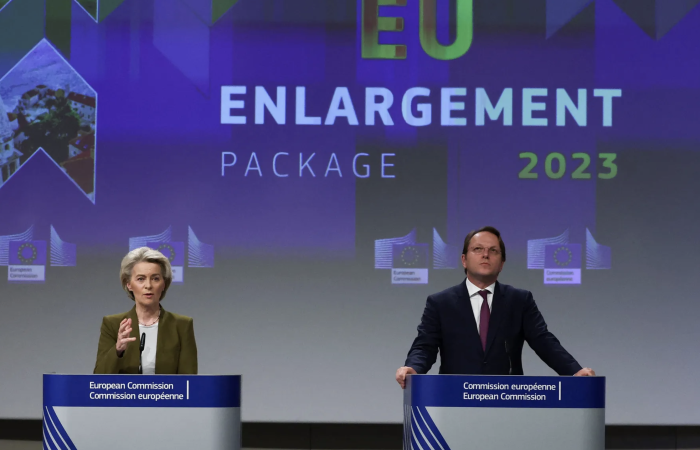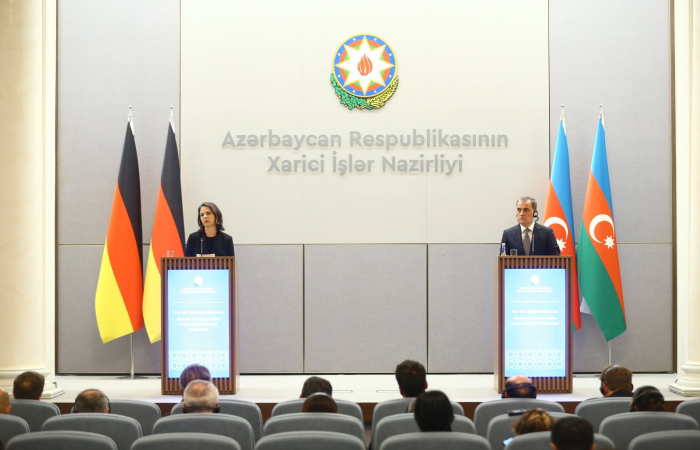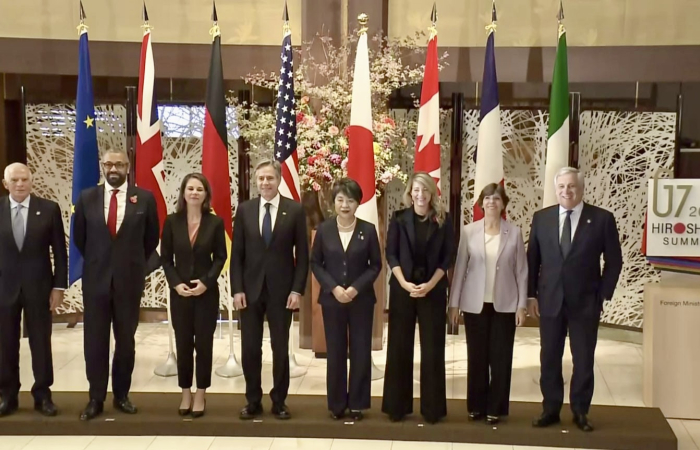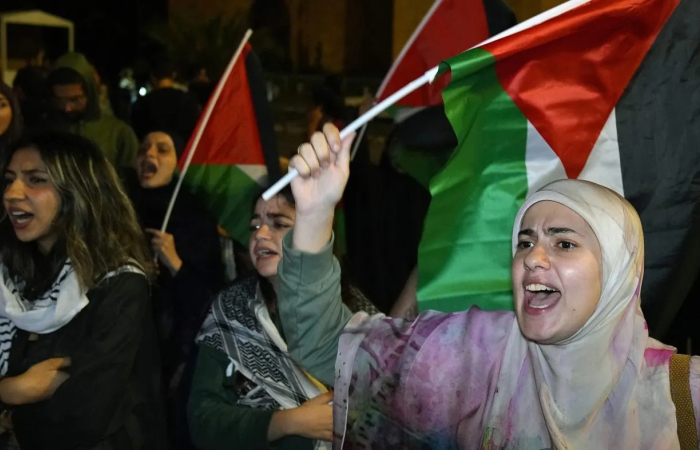Editor's choice
This is a members’ functionality. Please
Sign upNews
Trending
Arab and Muslim countries issue strongly worded statement calling for cease-fire in Gaza and return to Middle East peace talks
12 November 2023
At the end of a rare joint summit, in the Saudi Capital, Riyadh, leaders of Arab and Muslim countries issued a strongly worded joint statement on Saturday (11 November) condemning Israel for its war in Gaza, calling for an immediate end to hostilities, and the launch of efforts towards a lasting peace in the region based on a two-state solution.
In their statement, the Arab and Muslim leaders said: "a just, lasting and comprehensive peace, which is a strategic option, is the only way to establish security and stability for all peoples of the region and protect them from cycles of violence and wars. This, we stress, will not be achieved without ending the Israeli occupation and resolving the Palestinian cause on the basis of the two-state solution. We affirm that it is impossible to achieve regional peace while overlooking the Palestinian cause or attempting to ignore the rights of the Palestinian people. We stress that the Arab Peace Initiative, backed by the Organization of Islamic Cooperation, is an essential reference to this end."
In their statement, the Arab and Muslim leaders said:
"we hold Israel, the occupying force, responsible for the continuation and aggravation of the conflict, which is the result of its violation of the rights of the Palestinian people, and of the Islamic and Christian sanctities......
We condemn all forms of hatred and discrimination, and all acts that perpetuate hatred and extremism. We warn of the disastrous repercussions of the retaliatory aggression by Israel against the Gaza Strip, which amounts to a war crime, and the barbaric crimes committed also in the West Bank and Al-Quds Al-Sharif. "
In their statement, the leaders announced they were assigning the Foreign Minister of the Kingdom of Saudi Arabia, in its capacity as the presidency of the 32nd Arab and Islamic Summit, along with counterparts from Jordan, Egypt, Qatar, Türkiye, Indonesia, Nigeria, and Palestine, and any other interested countries, and the Secretary-General of both organisations to initiate immediate international action on behalf of all member states of the OIC and the Arab League to formulate an international move to halt the war in Gaza and to pressure for a real and serious political process to achieve permanent and comprehensive peace in accordance with established international references.



